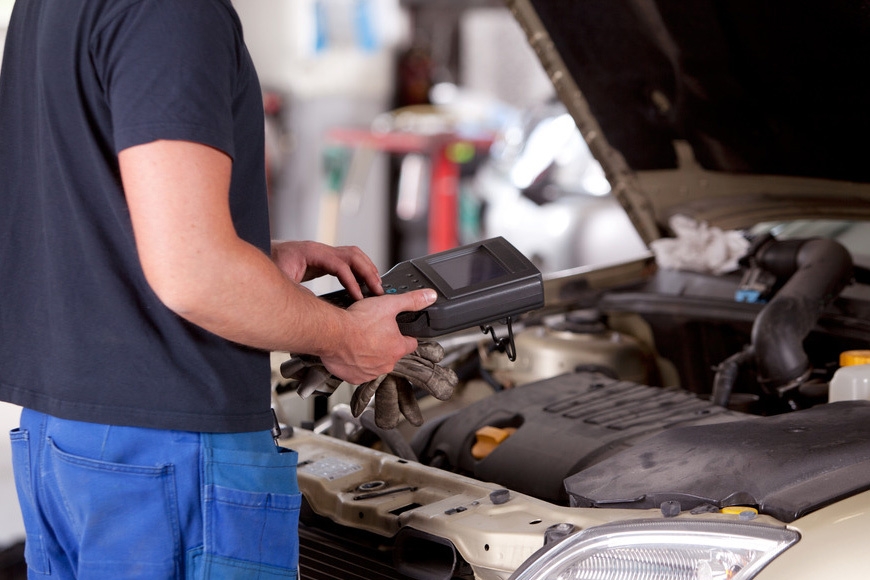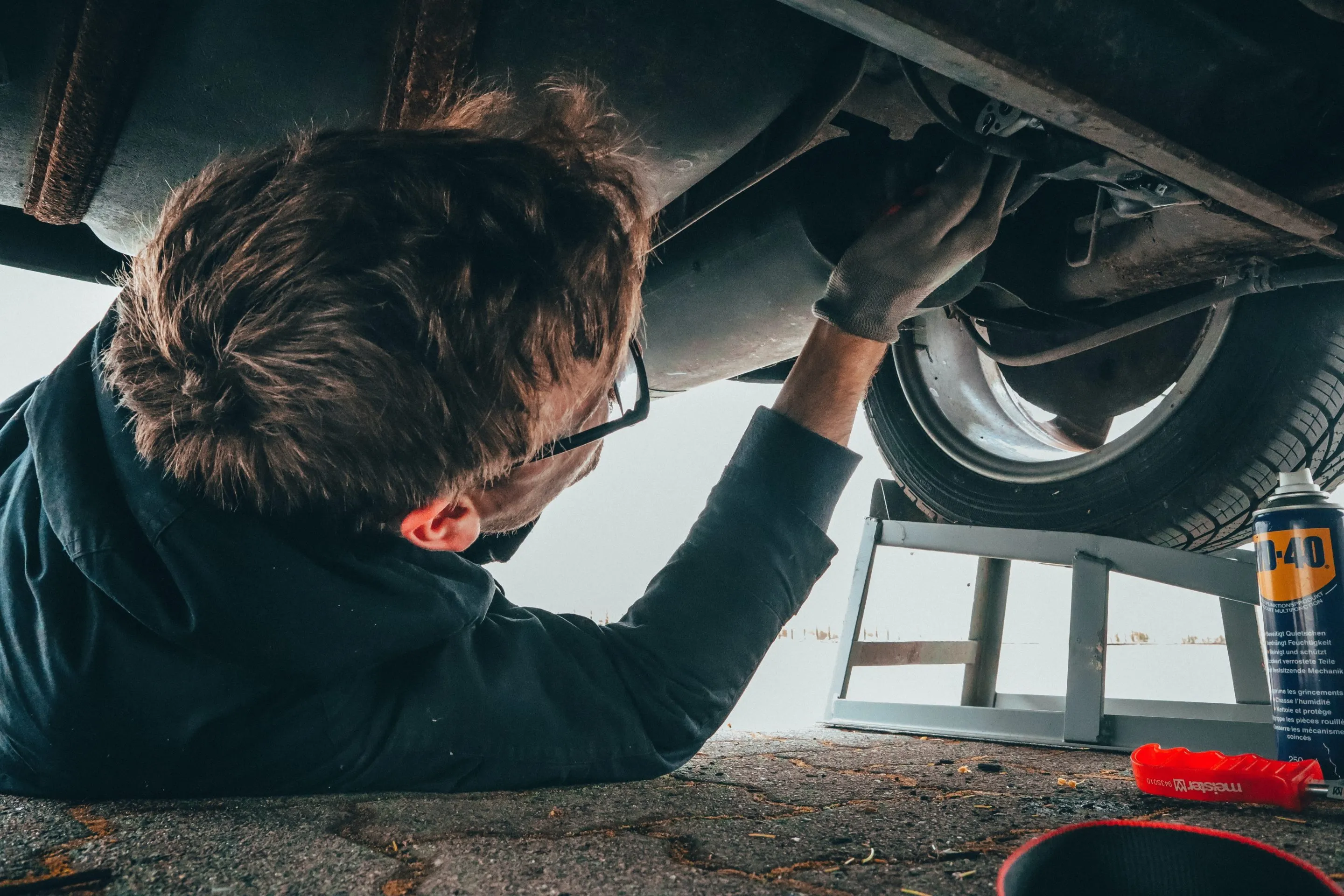5 Steps to Take If You’re in a Car Accident

It’s after 10pm, and you’re driving home after a work banquet. It was a black tie affair, and your white lace dress was perfect for the occasion. While you’re thinking about the people you met and the delicious food you ate, headlights suddenly appear in your lane of traffic. Before you can think, you find yourself in a head-on collision with a drunk driver.
This situation happens more often than you might think. Between 20 and 50 million people are injured in car accidents every single year, according to the National Highway Traffic Safety Administration. They also estimate that the average person will experience four car accidents in their lifetime, even if the accidents are minor. Even minor accidents are discombobulating experiences, and you’re more likely to think clearly and act appropriately if you’re prepared. So, here are a few steps you should take if you’re ever in an accident.
Check for injuries
First, check for injuries. If you or someone in your vehicle is seriously injured, seek medical attention before you do anything else. Do not move them until help arrives. Even if you don’t feel seriously hurt, it’s important to have the paramedics check you out. Sometimes, injuries don’t appear until several hours after the accident, and paramedics can tell you what symptoms to look for and when you need to go to the doctor.
Assess the scene
If you’re not seriously injured, take a few minutes to assess the scene and identify potential hazards. For example, a leaking gas tank comes with the risk of an explosion, and an accident in the middle of a highway could cause even more collisions. Remove yourself and others from the area if you suspect a serious hazard.
This is also a good time to reflect on the accident so you can give an accurate account to the police. Note details of the accident, trying to remember how it happened and the damages done to the vehicle. Snap a few pictures and write down any important details you remember.
Exchange insurance information
If another driver was involved, you’ll need to exchange insurance information. Once the police determine fault, it will be the responsibility of that at-fault driver to pay for medical bills and vehicle damages.
Do not skip this step, even in the case of a small fender bender. There are fraudsters out there who will try to sue you for a car accident that you supposedly caused, and if you fail to give them insurance information, they can use that against you.
Interview witnesses
If you get a chance, talk to anybody who witnessed the accident. At the very least, take down their names and phone numbers. You may need their testimonies to determine fault, which can be used when making claims to insurance or pursuing a personal injury lawsuit.
If you didn’t get a chance to interview witnesses, there should be a copy of witness testimonies and contact information in the police report. This can be useful if you ever need to file a personal injury case in the future.
Contact an attorney
If you were injured in a car accident caused by someone else, you shouldn’t have to pay for the damages. Ideally, the other driver’s insurance company will cover all of your medical bills and vehicle damages. However, if the insurance denies your claim or your injuries exceed the normal bounds, you may be entitled to additional compensation.
Contact a car accident lawyer in Vancouver or your area to discuss the viability of your case. They can walk you through the specifics of filing a claim and winning your compensation. Good personal injury attorneys won’t accept a dime of payment until they’ve won the case. Don’t feel guilty about pursuing this compensation. You should not be held liable for damages and injuries that weren’t your fault, and this financial support can be integral in your swift recovery.





/2024/12/17/1871975163.jpg)

